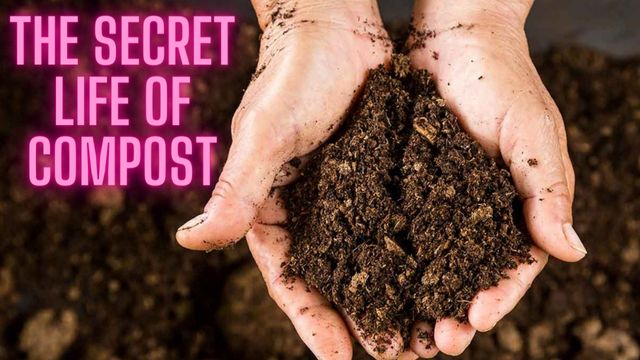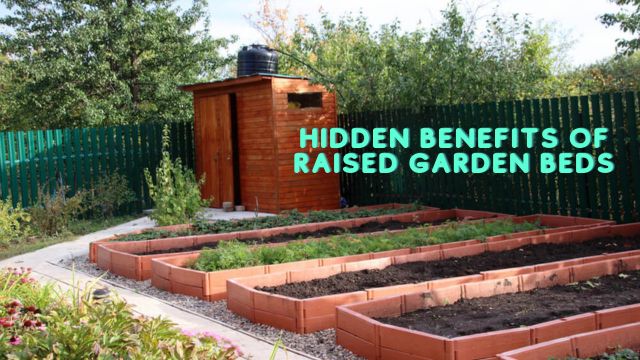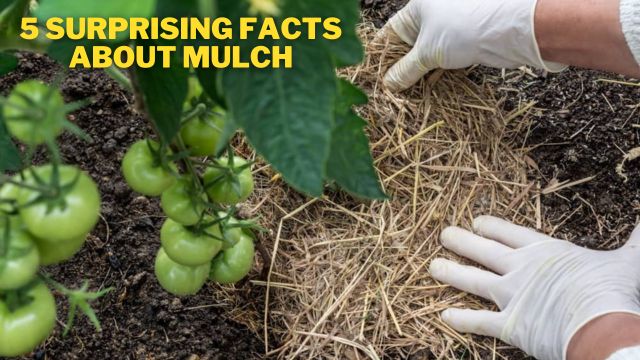Composting is a practice embraced by environmental enthusiasts and gardeners alike, but many are unaware of the full spectrum of its benefits. At Tiny Acre Oasis, we delve into how turning your kitchen scraps and yard waste into compost isn’t just about reducing waste—it’s about enriching your garden in ways you might not expect.
1. Soil Structure Improvement Compost works like a charm to help break up clay soils and bind sandy soils. This improvement in soil structure enhances the ability of the soil to retain nutrients and water, directly benefiting plants.
2. Nutrient-Rich Soil Compost is often referred to as black gold for a good reason. It slowly releases essential nutrients into the soil, which plants can absorb over time, leading to healthier, more robust growth without the need for chemical fertilizers.
3. Encourages Beneficial Organisms The introduction of compost into your garden increases the biodiversity of the soil. Worms, beneficial bacteria, and fungi all thrive in compost-enriched environments, helping to break down organic matter and aerate the soil, which further benefits plant roots.
4. Disease Suppression Healthy soil leads to healthy plants. Compost has been shown to help suppress plant diseases by improving soil health and supporting beneficial microorganisms that fight off pathogens.
5. Reduces Greenhouse Gases By composting organic waste, you prevent it from ending up in landfills where it would decompose anaerobically, producing methane—a potent greenhouse gas. Composting not only recycles nutrients but also plays a role in combating climate change.
Conclusion Embracing composting can transform your gardening practice and environmental footprint. Tiny Acre Oasis encourages you to start seeing your organic waste as a valuable resource that not only returns nutrients to the earth but also helps sustain its health and vitality.




